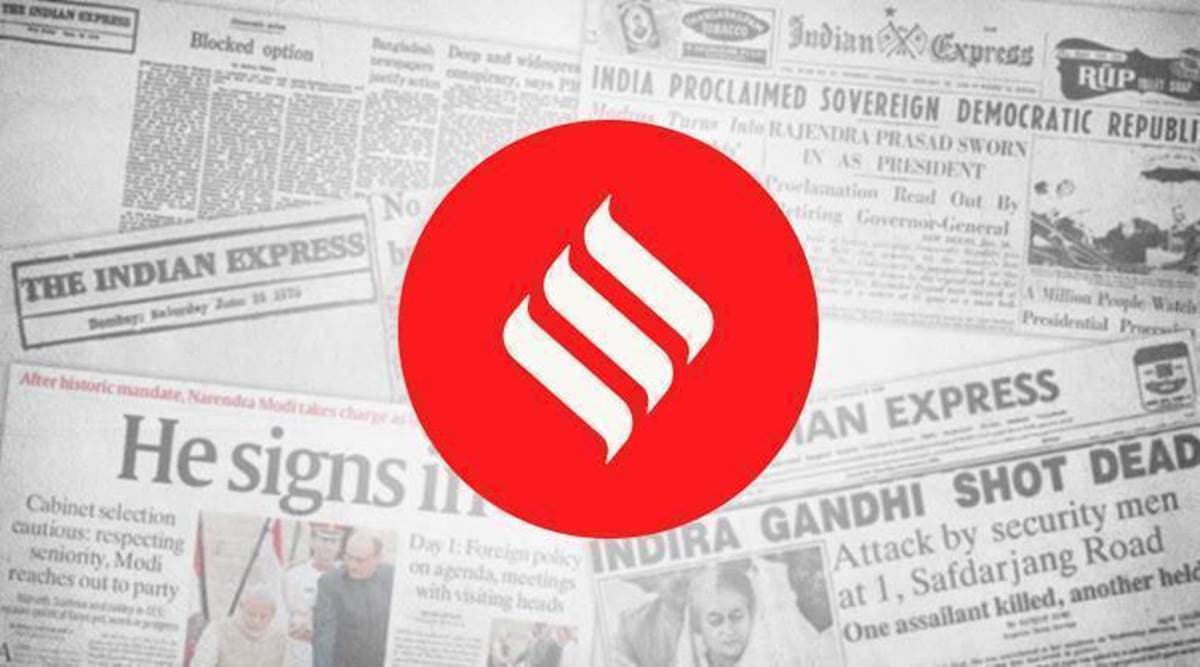 Pranab Mukherjee’s rich political and administrative experience and the manner in which he conducted himself in high office gave him the aura of a statesman, but the ultimate prize, the office of prime minister, eluded him.
Pranab Mukherjee’s rich political and administrative experience and the manner in which he conducted himself in high office gave him the aura of a statesman, but the ultimate prize, the office of prime minister, eluded him.Pranab Mukherjee, who died at 84 on Monday, had a remarkable career as a politician, administrator and parliamentarian. In over five decades in public life, he left his mark in all the three spheres and earned the respect of his seniors, peers and junior colleagues. He steered almost all major ministries in government — finance, external affairs, defence, commerce among them — under four prime ministers, Indira and Rajiv Gandhi, P V Narasimha Rao and Manmohan Singh, until he was sworn in as India’s 13th President in 2012. For most of these years, he was a member of the Rajya Sabha — he was elected to the Lok Sabha 35 years after he first entered Parliament. Mukherjee was more of a leader of politicians than of the masses, and the knowledge, wisdom and acumen he brought to strategising for his party, government and country, were greatly admired and valued, including by his political adversaries.
In many ways, Mukherjee was the quintessential Congressman of the Indira Gandhi era. She mentored him, sending him to the Rajya Sabha in 1969 when he was just 33, with more experience in academics than in political work. He was a believer in the primacy of the state and its institutions, which influenced him to be deeply sceptical, if not suspicious of mass movements that challenged the elected government. He backed the Emergency, and refused to indict Indira Gandhi for its imposition — in fact, the Shah Commission, which inquired into the excesses of the period, passed strictures against him. The Indira era, which saw the rise of efficient backroom politicians, was kind to Mukherjee, who, while loyal to the leader, also had the erudition and skill-set to run the government. His political belief in and commitment to secularism, non-alignment and a command economy may have been buffeted by changing times, but the Constitution and Parliament remained the signposts Mukherjee trusted most in crisis. He preferred to search for solutions within the established institutional framework rather than engage with out-of-the-box solutions to corruption or administrative failures. In his last years, especially during his tenure as President, Mukherjee was unfailing in flagging the importance of democratic values and the need for rulers to respect India’s diversity of beliefs. In his address to RSS swayamsevaks in Nagpur in June 2018, he said “the soul of India resides in pluralism and tolerance” and “it is our composite culture which makes us into one nation”.
Mukherjee’s rich political and administrative experience and the manner in which he conducted himself in high office gave him the aura of a statesman, but the ultimate prize, the office of prime minister, eluded him. That did not embitter him, but only encouraged him to find other ways to contribute and remain relevant. Citizen Mukherjee will be remembered for having lived a full life as a public figure.